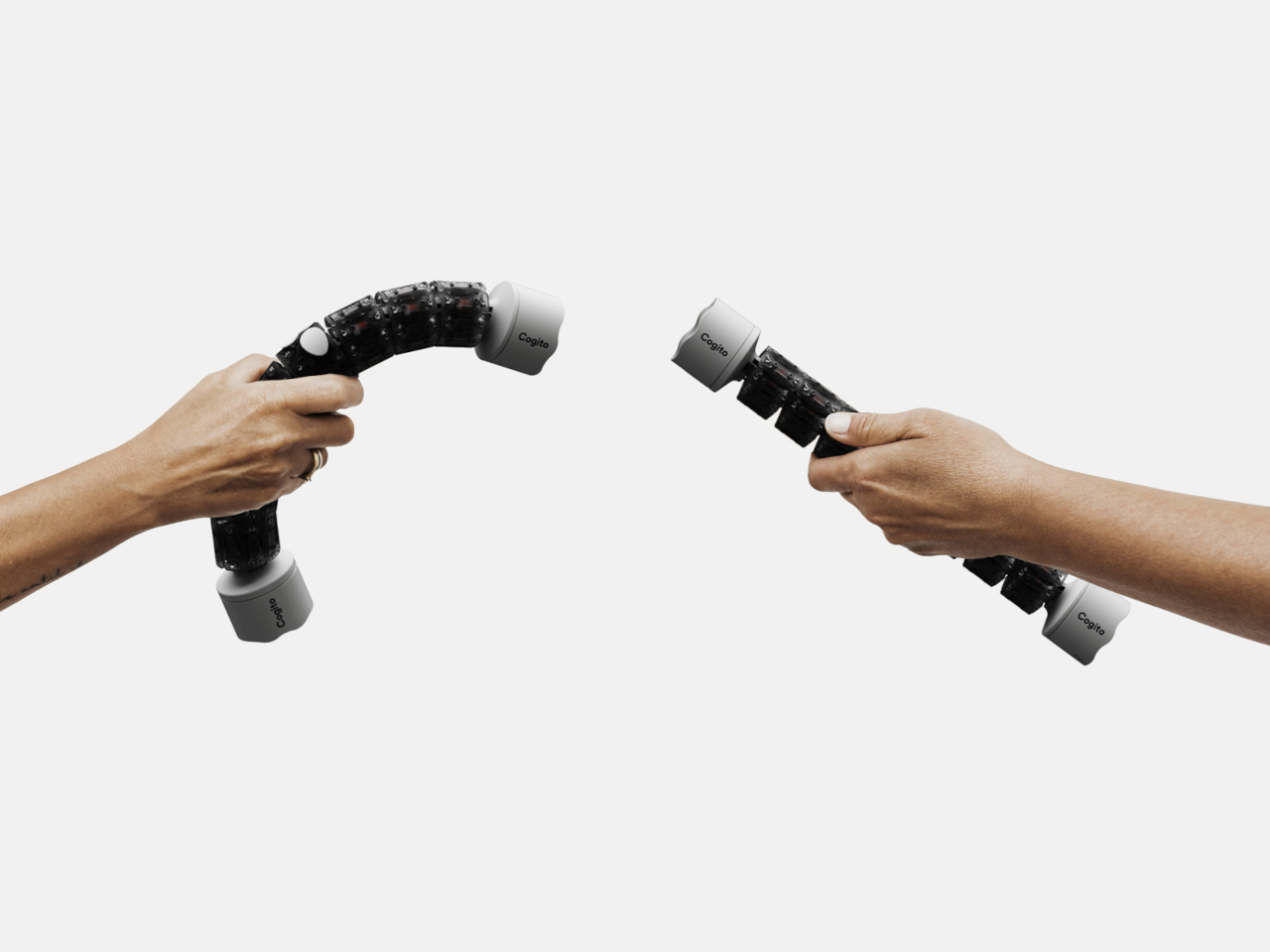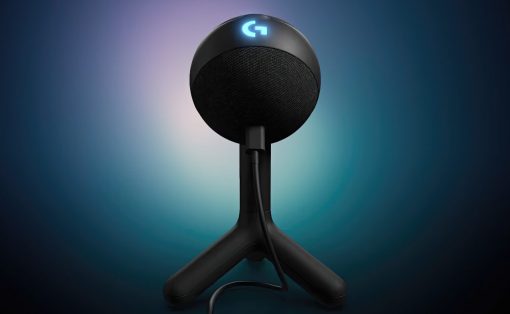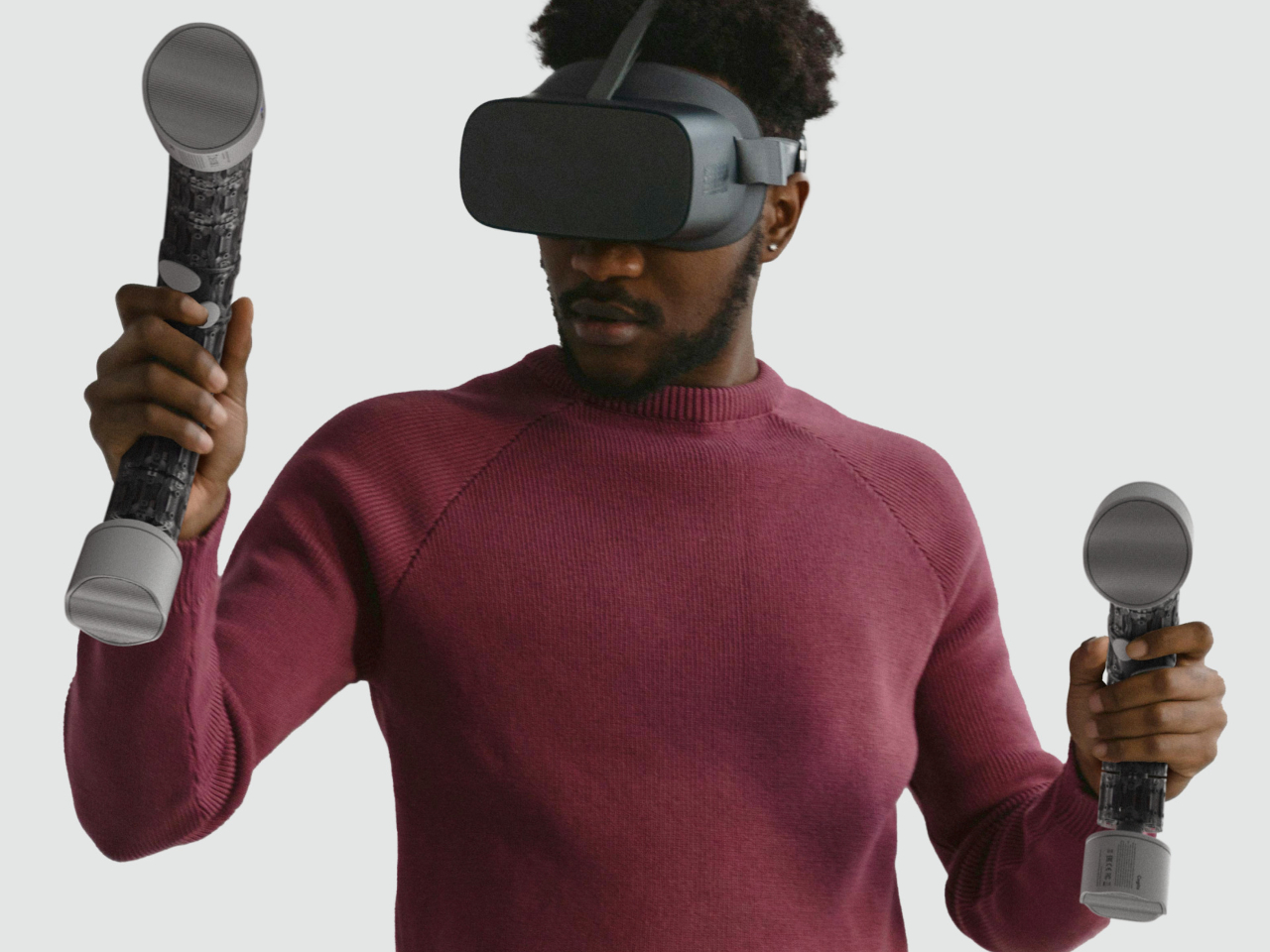
It’s quite astounding how virtual and augmented reality look so believable these days thanks to progress in both technology and content creation. But while our eyes and sometimes our ears are easily fooled, our hands are more difficult to convince. That’s especially true when you’re trying to grab a non-existent virtual object with something that looks like your hand but is, in reality, just a short stick with buttons.
VR controllers are still a long way from feeling like our real hands, or at least train our brains to completely give up on the suspension of belief. That doesn’t mean we have can’t have some stopgap measures while waiting for that day, and this odd metal rod is one such solution that attempts to bring back some of that sensory experience that will make us really imagine that we’re holding the right tool for the right job.
Designer: Minkyu Oh
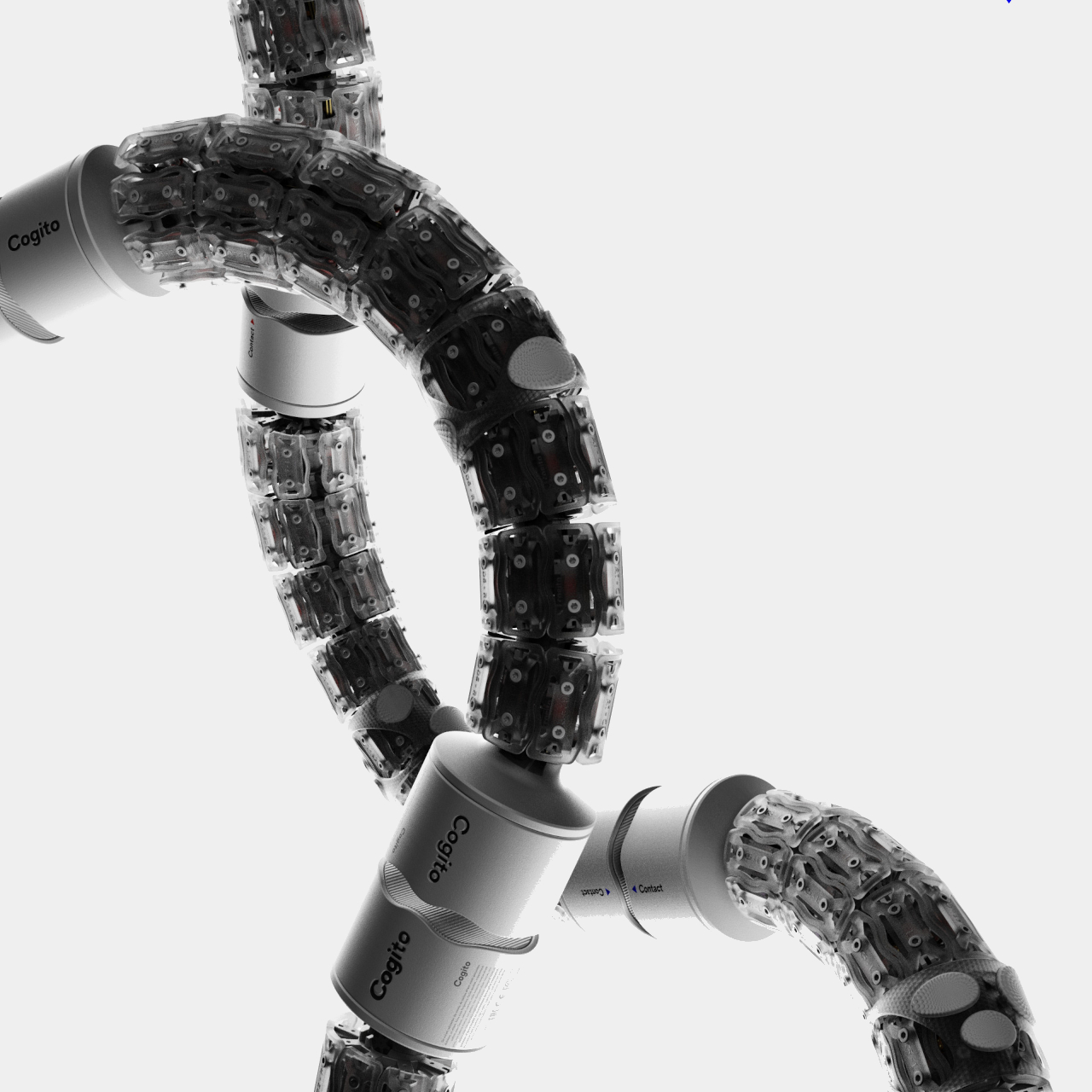
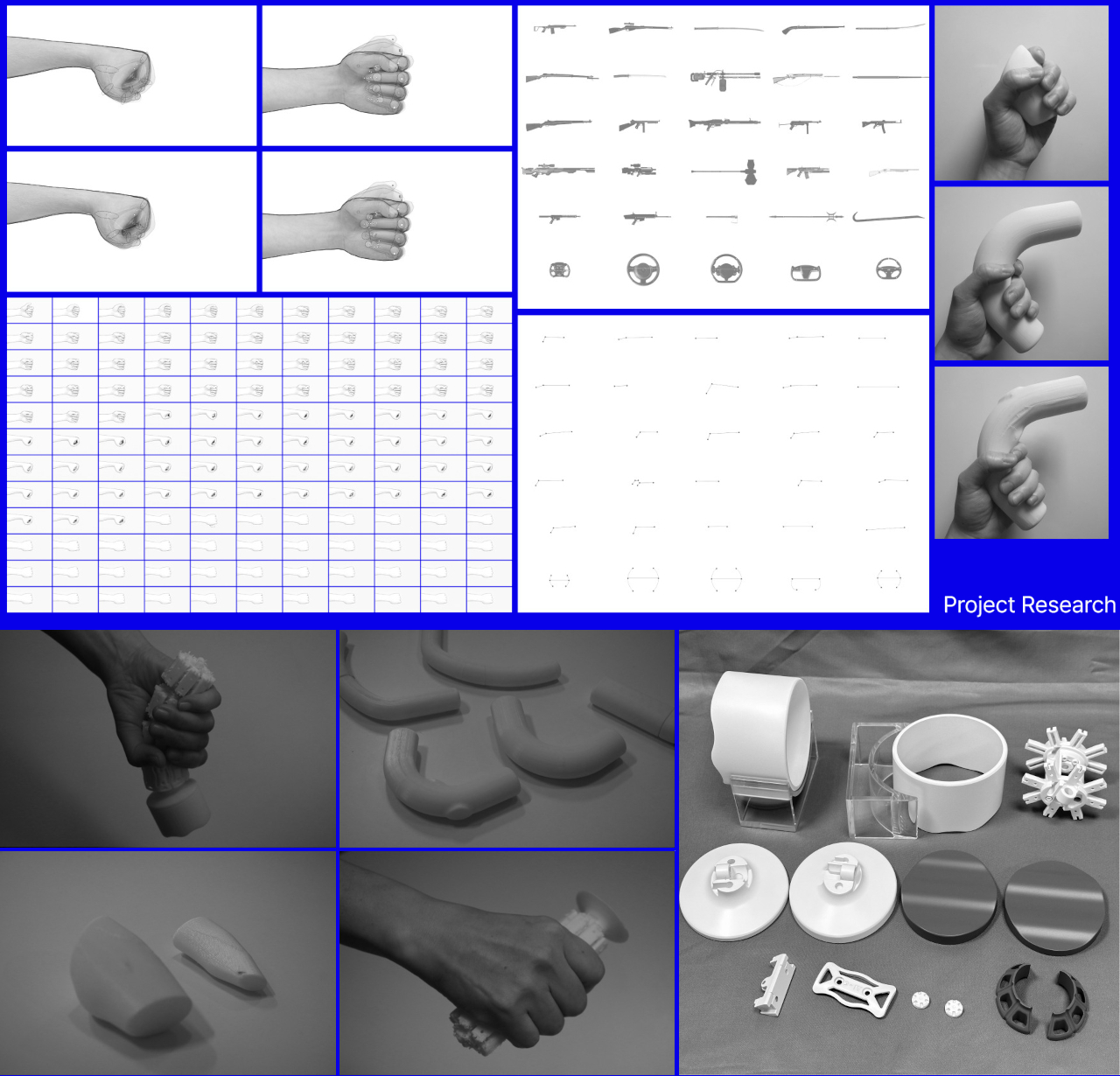
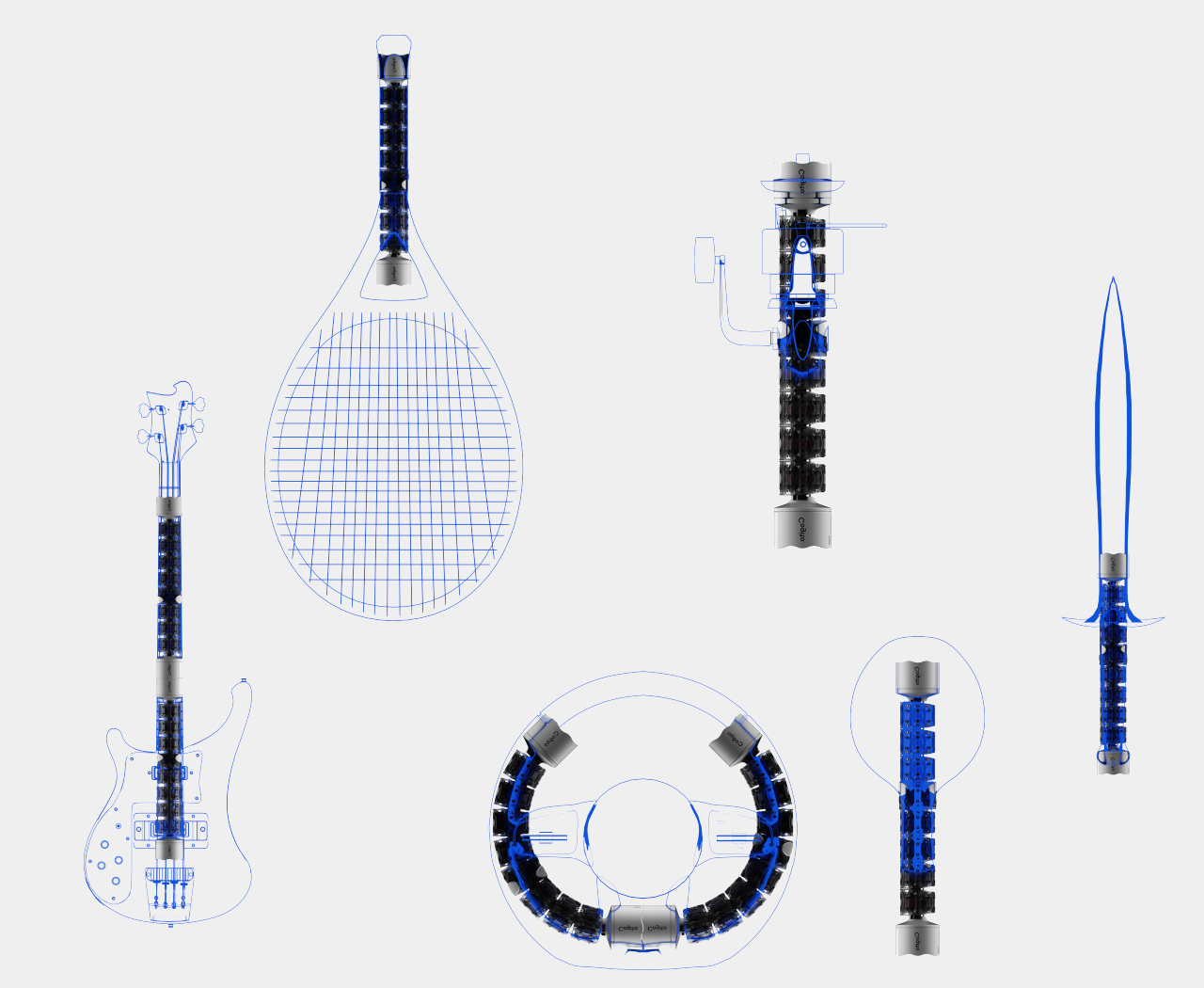
VR and AR systems have defaulted to using stick-like controllers not unlike the Wiimote mostly out of efficiency. They’re like the familiar gamepads but split in order to free our hands and arms for more natural movement. There’s nothing natural, however, with grabbing objects that look like they’re the real thing by pressing a button. And while some eXtended reality or spatial computing platforms are able to understand our hand gestures without the need for controllers at all, they also feel unnatural since we’re literally grasping air.
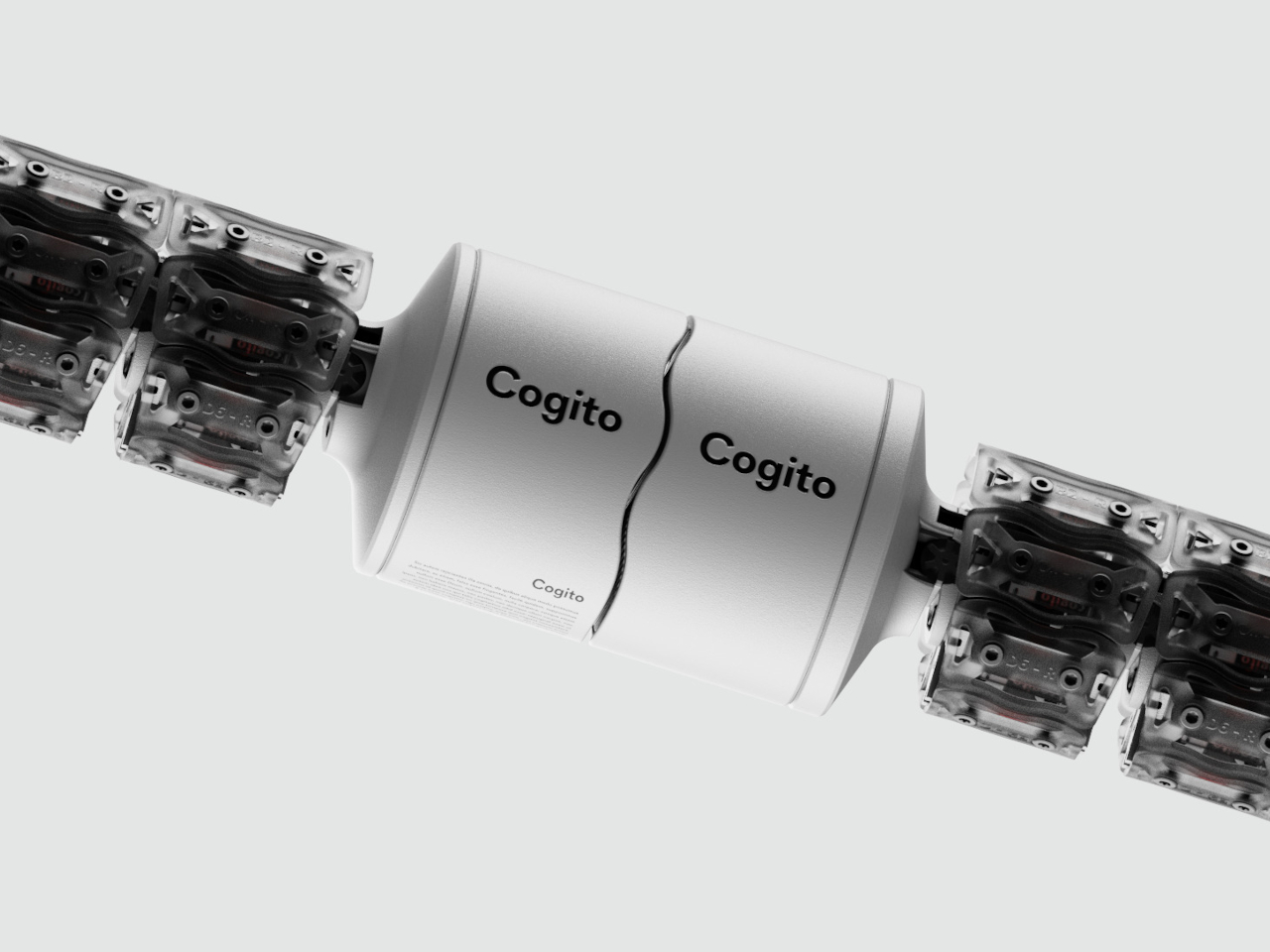
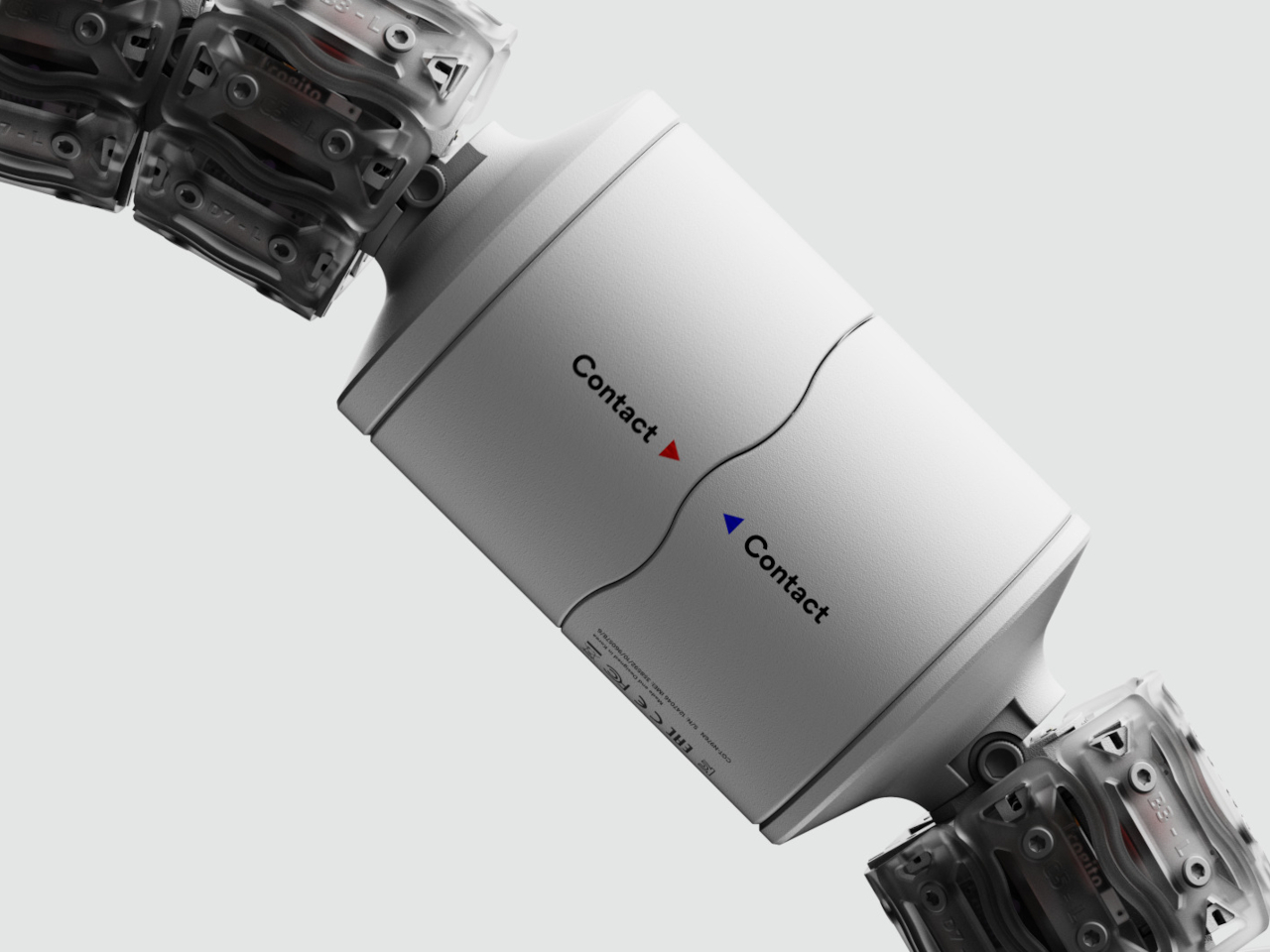
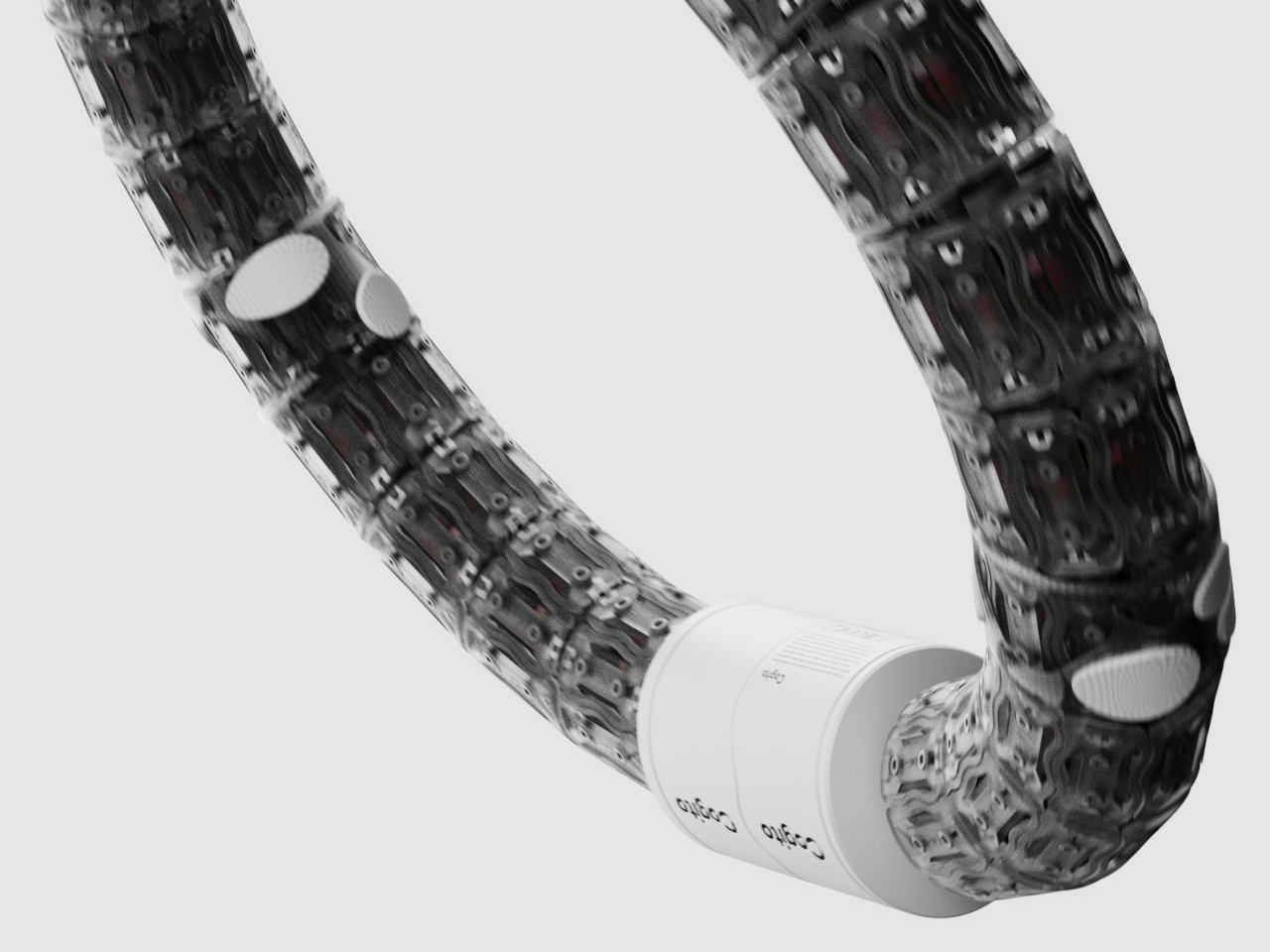
There will be times when our brains will expect us to hold something physical, especially if the virtual image involves holding a tool. Rather than just a short want, the Cogito concept proposes a shape-changing rod instead. Made of multiple segments, the rod bends and curves to take the form of the object we need to hold or at least some semblance of it.
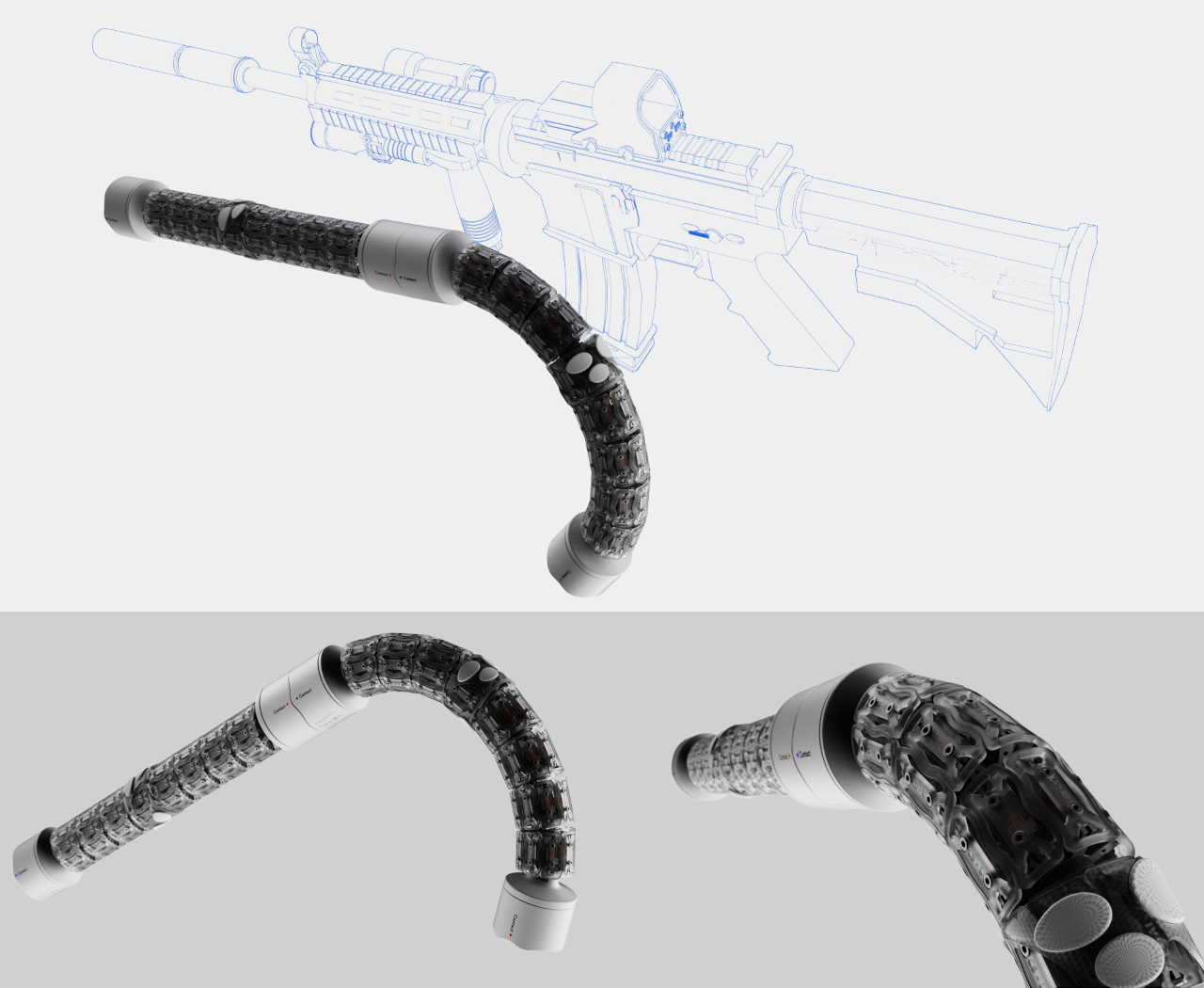
If we simply need to swing a sword or a tennis racket, one of these Cogito rods is enough to make our hands and our brains believe we’re holding the real deal. For a gun or a steering wheel, however, you’ll need to combine two of these rods together and bend one or both to take the desired shape. This longer two-piece controller can even become a virtual guitar, though the experience is only a step better than an air guitar.
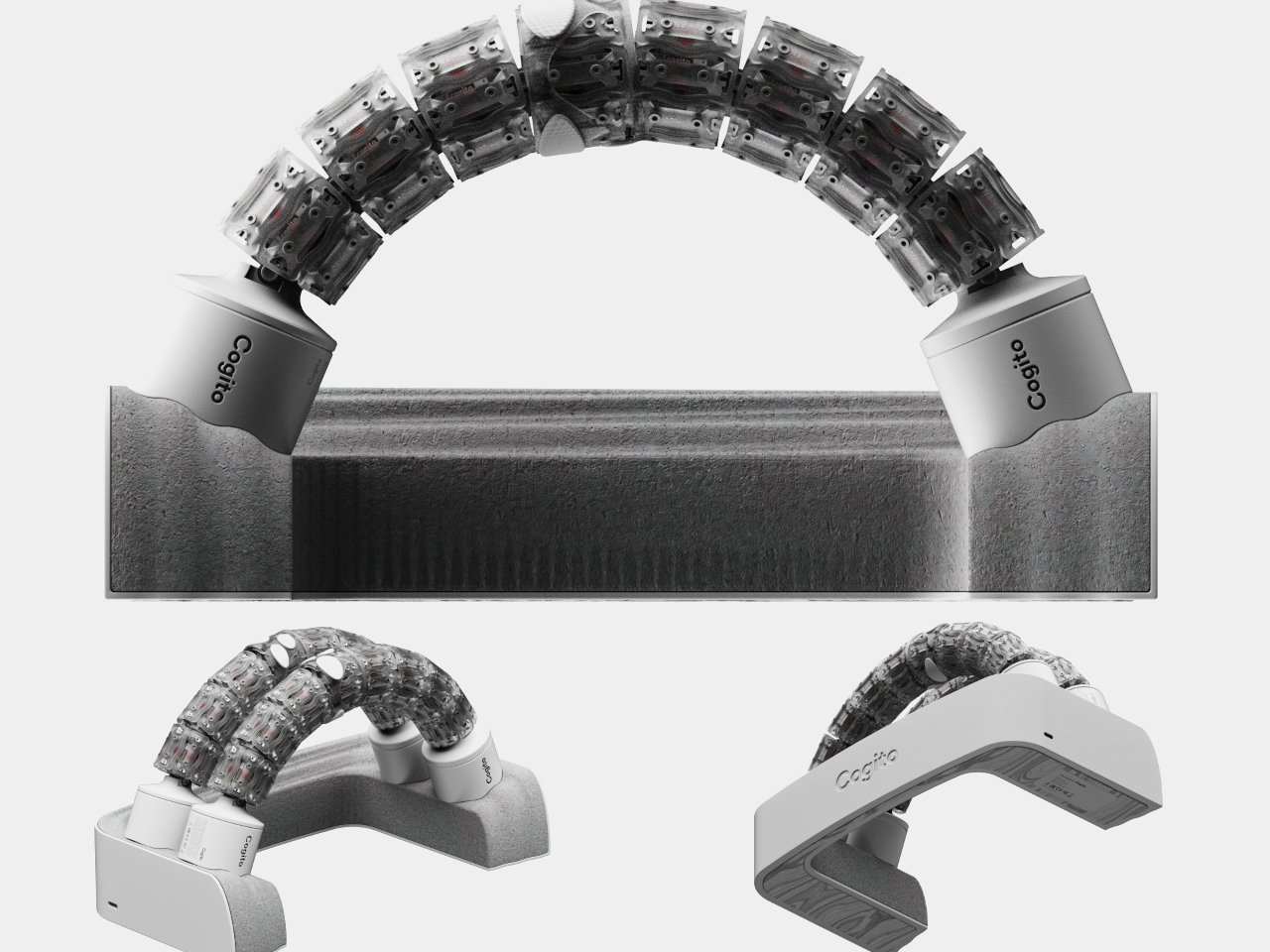
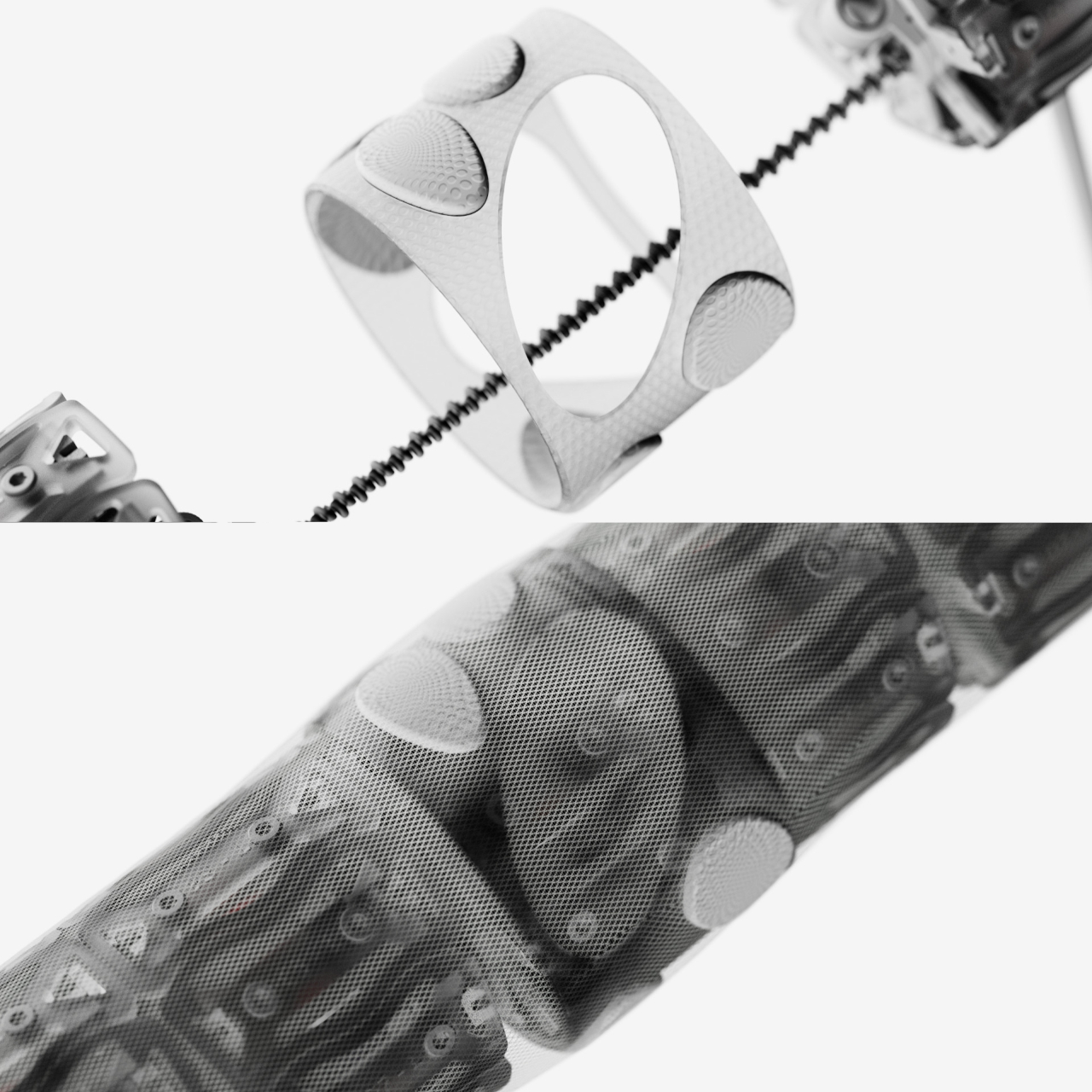
Cogito still requires the use of buttons, discreetly located in the middle, to actually take action. That could translate to a gun trigger or pressing a fret on a guitar, but it won’t translate perfectly to other real-world gestures. Unfortunately, the concept still doesn’t solve the problem of giving our fingers the correct haptic feedback, nor does it make grabbing virtual objects feel more natural. It does, however, offer enough believability to satisfy our brains, at least until the perfect VR input solution has been designed.
